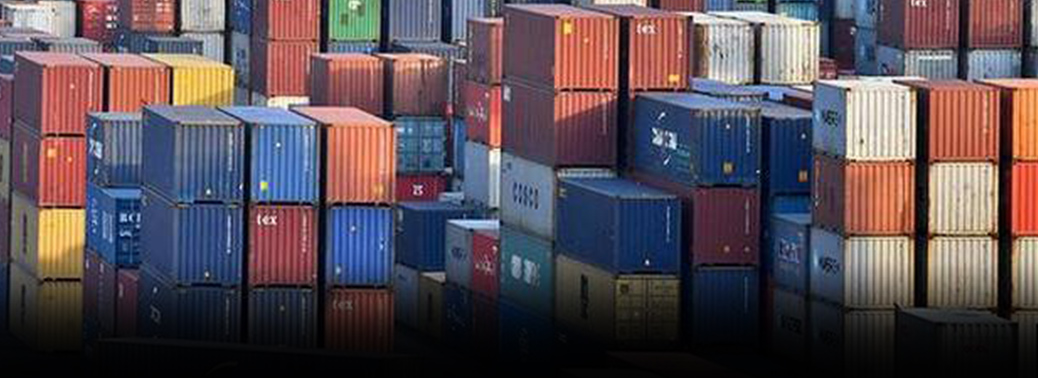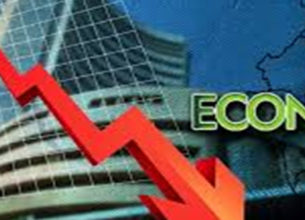GLOBAL GROWTH TO SLOW IN 2019, SAYS WORLD BANK
05, Jun 2019

Prelims level : Economics
Mains level : Technology, Economic Development, Bio diversity, Environment, Security and Disaster Management
Why in News:
- The World Bank Group has downgraded global real GDP growth to 2.6% for 2019, down by 0.3%age points from its previous forecast.
Details:
- Growth is expected to be increase marginally to 2.7% in 2020.
- India’s growth forecasts are projected to be 7.5% per annum in 2019, 2020 and 2021 — not having been downgraded from their January estimates.
A growth rate of 7.2% is estimated for 2018. - The multilateral development bank’s June 2019 Global Economic Prospects (GEP) report, titled, ‘Heightened Tensions, Subdued Investment’ says the global economy “has continued to soften and momentum remains weak” and investment, sluggish.
- “Stronger economic growth is essential to reducing poverty and improving living standards,” said World Bank Group President David Malpass, via a statement.
- “Current economic momentum remains weak, while heightened debt levels and subdued investment growth in developing economies are holding countries back from achieving their potential. It’s urgent that countries make significant structural reforms that improve the business climate and attract investment.
- They also need to make debt management and transparency a high priority so that new
debt adds to growth and investment.”
Slowdown in U.S. and advanced economies
Advanced economies as a group are expected to slow down in 2019, particularly the Euro Area, due to weaker investments and exports.
U.S. growth is expected to slow to 2.5% this year, down from an estimated 2.9% in 2018, and then down to 1.7% and 1.6% in 2020 and 2021 respectively.
India and South Asia
- South Asia’s growth remained “robust” in the face of global economic headwinds and weakening trade and manufacturing, as per the report.
- In India, where growth was 7.2% in FY2018/2019, investment — both, private and in public infrastructure – offset a slowdown in government consumption.
- Soft agricultural prices dampened rural consumption but urban consumption was bolstered by credit growth. With regard to production — robust growth was broad-based the report says, with the industrial sector accelerating on the back of manufacturing and construction, and agriculture and services sectors moderating, due to a “subdued harvest” and slowing trade, hotel, communications and transport sector, respectively.
U.S.-China trade tensions could hurt global growth in 2020
- The report’s prognosis for the impact of U.S.-China trade tensions is grim. “While some countries could benefit from trade diversion in the short run, adverse effects from weakening growth and rising policy uncertainties involving the world’s two largest economies would have predominantly negative repercussions,” it says. `
- U.S. policy uncertainty is expected to “significantly erode” growth and investment across EMDEs, as protectionist measures impact a wide range of downstream industries and trading partners due to the existence of global value chains, the GEP says.
Brexit could impact financial stability
- A no-deal Brexit, the report says, could have a “severe impact” on the U.K. and to a lower extent on its European trading partners in the event of disruptions and delays at the border. Financial stability could also be impacted. “The United Kingdom accounts for a large share of cross-border lending to some EMDEs, which could be negatively impacted by a sudden retrenchment.”












